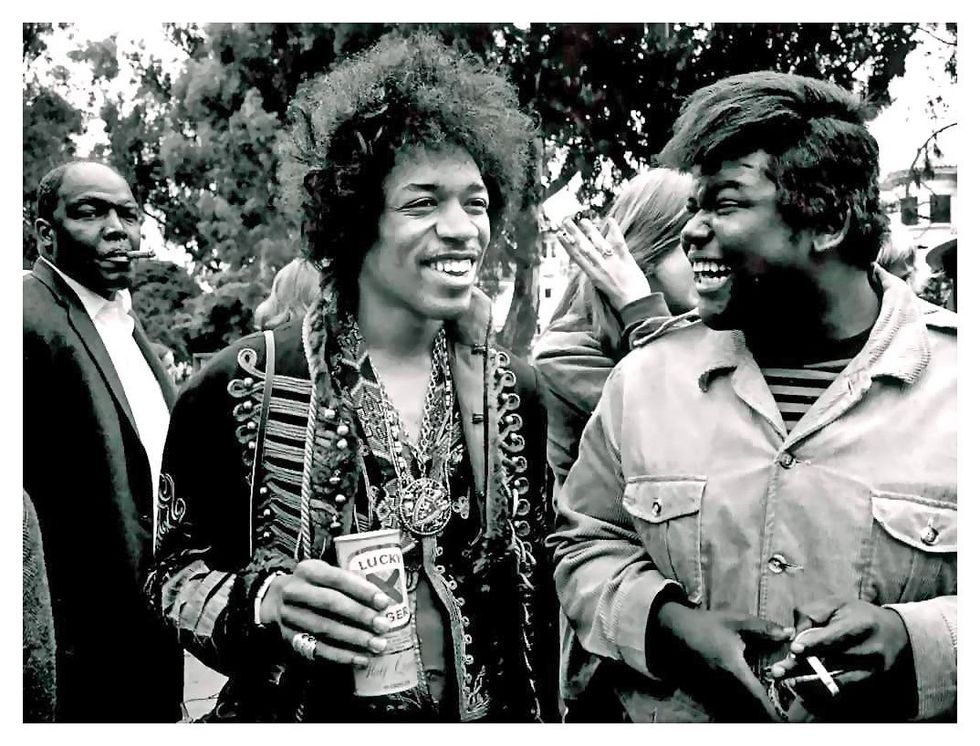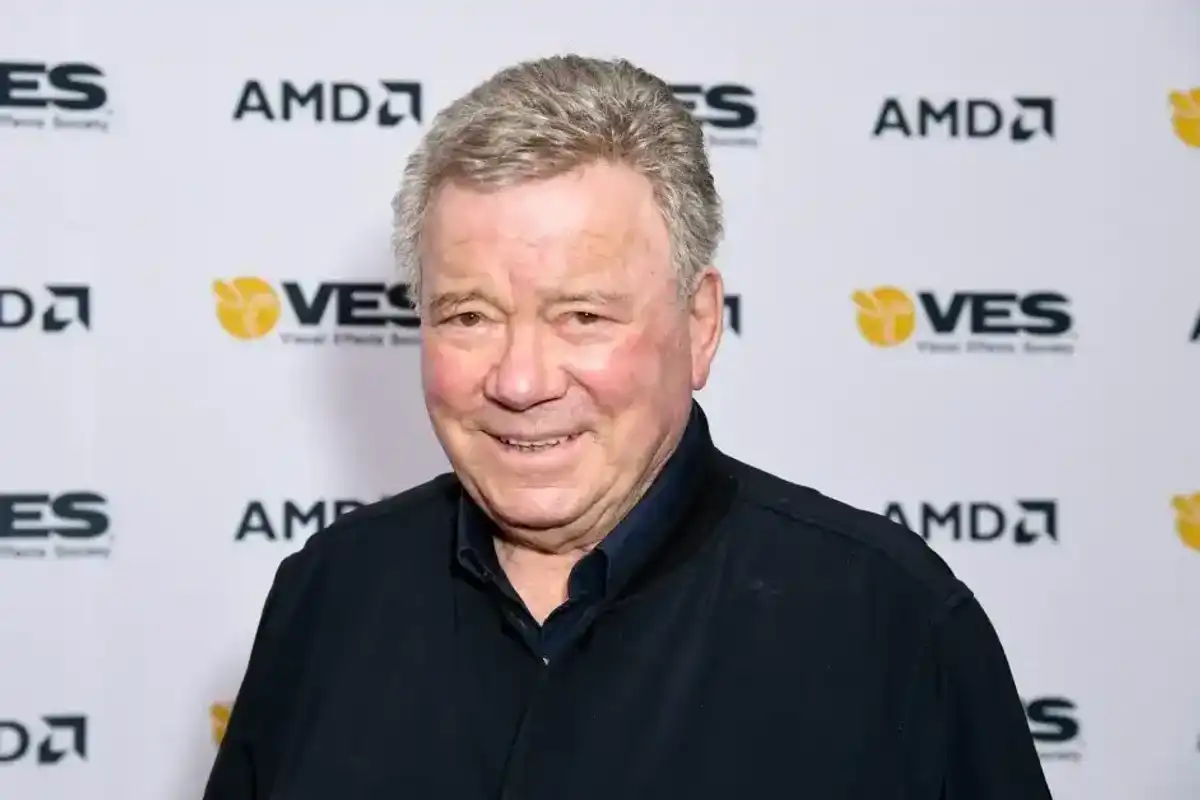Deconstructing the Blues
Fifty years for many rock musicians is it! Yet, for us folks who did more observing than actively buying into ‘live fast, die young’ bullshit – music now more than ever colours our lives. Look at us old-timers posting photos, event calendars, posters from the early days of rock.

By Bill King
I’m often asked to recall that brief period I spent hanging out with Janis Joplin in 1969. It looks good on a resume even though it was only a matter of weeks. Sitting here on this early December morning, rolling back two years before Janis and my introduction to Greenwich Village fifty years ago - 1967, I can’t help but feel a bit nostalgic for youth, though am not fooled by it.
I didn’t come from a well-heeled family. I started working steadily at fifteen and by eighteen was throwing $50 a month into the family coffers for rent. I get that, but remember, I had no say or choice of landlords. Life in family detention brought greater stress than reward.
I’ve written about my journey – An American Rock & Roll Road Story – extensively and the manuscript rests securely on a few hard drives. I’ve chronicled life from birth to induction in the army and stopped there. I spared everyone the darkest hours feeling there are too many whiney-ass memoirs and not much reflection of relationships between family and siblings and too many disturbing incidents that seem to meld into one another. When you start with nothing and point your nose in another direction, I feel it’s better to let the past battle with the past. Besides, I’ve been blessed with an optimistic and sunny outlook most of my life, and it’s served me well even when the floor beneath seemed about to collapse. I look back and thank those who made the early years unbearable – smile and keep on trucking!
I read the Lefsetz Newsletter and admire his grasp of rock history, technology and writing style. That’s a blessed gift. At times I turn away; much having to do with the fact at 71, I’m still an active working musician doing justice and dedicated to my life goal; play to the last call. The hands hurt at times but the music coming from them bears witness to a golden past.
Fifty years for many rock musicians is it! Yet, for us folks who did more observing than actively buying into ‘live fast, die young’ bullshit – music now more than ever colours our lives. Look at us old-timers posting photos, event calendars, posters from the early days of rock.
Yes, there is gobs of shitty music out there like there always has been, dating back to my first paying gig in 1960 - but there are also reams of great artists, bands and music being made. I’m in a better headspace now than back then. That doesn’t inhibit me sharing a brief encounter with greatness. Sometimes I feel like Woody Allen in Zelig.
We rode the rails from Toronto arriving in Penn Station late afternoon. The trip had been a sobering affair after three months of playing such American landmarks as; Flagstaff, Arizona; Des Moines, Iowa; Minneapolis, Minnesota; Amarillo, Texas; and Montreal, Michigan. The band, The Great Western Exhibit, was about to face the same issues most impromptu acts encounter after weeks of highs then slow descent into group depression. Three out of four of the members discovered the band absent a heartbeat then bolted, abandoning me just after an excruciating set at the Café Wha located at the epicentre of Greenwich Village.
In fact, a photograph of that fifteen-year-old chanteuse from Queens named Barbra Streisand stared back at all comers descending the stairway to the inner sanctum. It was here I would encounter Andre, "The Singing Hustler."
Andre was privy to everything going on up and down Bleecker and McDougall Streets. He knew the bands, shared the women, accompanied the hangers-on and fleeced the hopeful. Andre would drag me through unknown night haunts into strange situations.
On one such occasion, street cleaners were just finishing a morning sweep through the Village, and I'd been up most the night starved of sleep; broke and homeless. From around a corner comes Andre, dressed like one of those Carnaby Street window mannequins you'd see in a British Mod clothing storefront. With little else to do, I match him stride for stride down McDougall ignoring narcissistic rumination and absorbing local gossip.
As we turn on to Bleecker Street, Andre suddenly pauses, spots this figure attached to two women moving slowly up the street. "Do you who know who that is," he asks. I watch in silence. "That's Jimi James - I mean Jimi Hendrix now, the next big thing in rock & roll. He's just finished his first album in London, and it's going to be a monster." I knew nothing of the man other than he sported an elegant looking woman on each arm.
Hendrix was dressed in what appeared to be an ornate crushed velvet military jacket, a loosely knotted scarf around the neck and wind-blown Afro. The girls looked as if they'd survived a vigorous shopping spree, every item seemingly purchased at some upscale Manhattan boutique.
Andre glances back and signals me to hang close while he approaches Hendrix. A few words pass then he summons me. "Bill, this is the man, the next great rock superstar, Jimi Hendrix." I shake 'the man's' hand and quickly direct my eyes towards the two attractive vixens then start the slow march up Bleecker. Andre asks Hendrix where he's headed then invites the both of us along. A few minutes later we end up behind a large round oak table in an upstairs café called the Tin Angel next to the Bitter End nightclub. Andre banters on about the recording and release date, his aspirations to perform while delivering a few sweet words to one of Hendrix's entourage when a waitress arrives with a scratch pad to book orders. This was my cue to exit. Let's face it, I couldn't even afford a cube of butter let alone a cut of bread, so I politely excuse myself.
A few weeks pass, and I find myself living in a flat at 533 E. Sixth Street and playing the organ nightly in the village at a psychedelic coffee house called the Underground. I was hauling down fifteen to twenty-five dollars a night and paying twenty-five a month in rent. Are You Experienced? hit the streets in May of 1967 like a speeding asteroid, with advance orders approaching a million.
A year or so would pass, and I find myself back in New York after a stint in California. I land a job with a band called the Chicago Loop who had a regional hit with a song of no consequence. The lead singer, Bob Slawson, was a frequent visitor to Steve Paul's Scene, an uptown night spot where anyone who was anyone in the music business hung out, in high contrast to the chic patrons at Max's Kansas City where Warhol and his gang of art warriors bunkered. I tried that for one humiliating lunch in which I thought I'd been transported to a planet of spiffy zombies.
After a featured band performed, all night jam sessions kicked in at the Scene. I dropped in a few times and sat in on Hammond B-3 organ - once with the New York Rock & Roll Ensemble and another night with a list of dreaded unknowns.
I happen to drop in one night when the Buddy Miles Express was winding down. Miles was a member of the Electric Flag eventually moving into Hendrix's Band of Gypsies after drummer Mitch Mitchell's departure.
Miles had Mitchell play alongside this night adding an extra degree of thunder to an already rampaging band. I waited until the group took a break and slipped in the proximity of the Hammond B-3 organ. Herb Rich, Miles' organist had the first crack at the drawn-out jam session, leaving me drooling in anticipation.
Once Rich departed I slid onto the bench where I was abruptly halted by Miles - then ushered aside. The front line unit was led by singer/guitarist Terry Reid and guitarists Larry Coryell and Ron Wood. I patiently waited as Miles clung to the only two chords he knew before he relented.
With the door of opportunity open, I lit up every groove with my best sonic licks. I'd twist and bend notes then pump out the ritual backing patterns all organist learn when playing roots rhythm & blues. With little fanfare, a changing of the guard occurs just in back of me. Suddenly, a frilly cuff from what looks to be some Edwardian garment brushes past my face. I quickly whip my head around for a glimpse. As if struck by lightning, I do an instant double take. It was "the man", Jimi Hendrix, playing the same kind of probing bass lines he did on his recordings. I couldn't help notice Hendrix holding the bass upside down, strings facing the opposite way.
Over the next twenty minutes or so I ride the pulse tossing in a few modal chords shifting the tonal centre. Coryell and Wood try one-upping each other even going as far as rolling in a few lines from Freddy King's blues anthem,” Hideaway”. For one long, exhilarating stretch it's Larry Coryell, Mitch Mitchell, Hendrix and myself ‘deconstructing the blues’. I pounded hard with such intensity I snapped a key on the organ - slicing a finger and sending blood firing in all directions.
The night ends with a few hand slaps and Buddy Miles offering to hook me up with a rhythm & blues band in San Diego; one he once propelled. For me, the night would never end. Even after falling into the dark embrace of sleep I replayed each note and every missed opportunity until dawn intercedes wiping away all evidence I had shone during the night of stars.
















